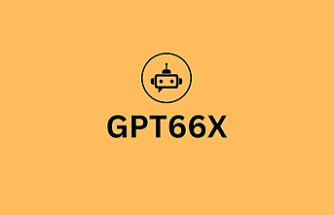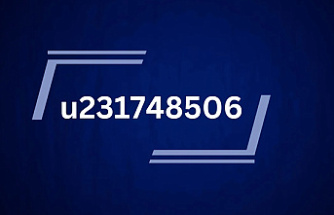The Italian Competition and Market Guarantor Authority (AGCM) has opened an investigation against the Tik Tok platform for the publication of numerous videos of young people engaging in self-harm, the latest, the so-called "French scar" challenge.
Following the investigation into the company TikTok Technology Limited, responsible for the well-known platform's relations with European consumers, the AGCM carried out, with the help of the Special Antimonopoly Unit of the Finance Guard, a search at the Italian headquarters of the company, the agency explained on its website.
According to the agency, Tik Tok does not have "adequate systems to monitor the content published by third parties and the rules for the removal of dangerous content that encourages suicide, self-harm and incorrect information are not applied," it explained in a note.
The investigation focuses on the latest self-injurious trend that has appeared on the Chinese platform and that comes from France, which consists of pinching the cheekbones so hard and for so long that a bruise has to appear, but can even leave permanent marks.
The AGCM adds that "it is being investigated that TikTok has not established adequate monitoring systems to supervise the content published by third parties, according to the required parameters, and especially in the presence of especially vulnerable service users such as minors."
It is also investigating "the exploitation of artificial intelligence techniques likely to cause undue conditioning of users."
"The reference is, in particular, to the algorithm underlying the operation of the platform which, using user data, personalizes the display of advertising and re-proposes content similar to that already displayed and with which interaction has been made through of the Like function," he explains.
According to the criteria of The Trust Project












